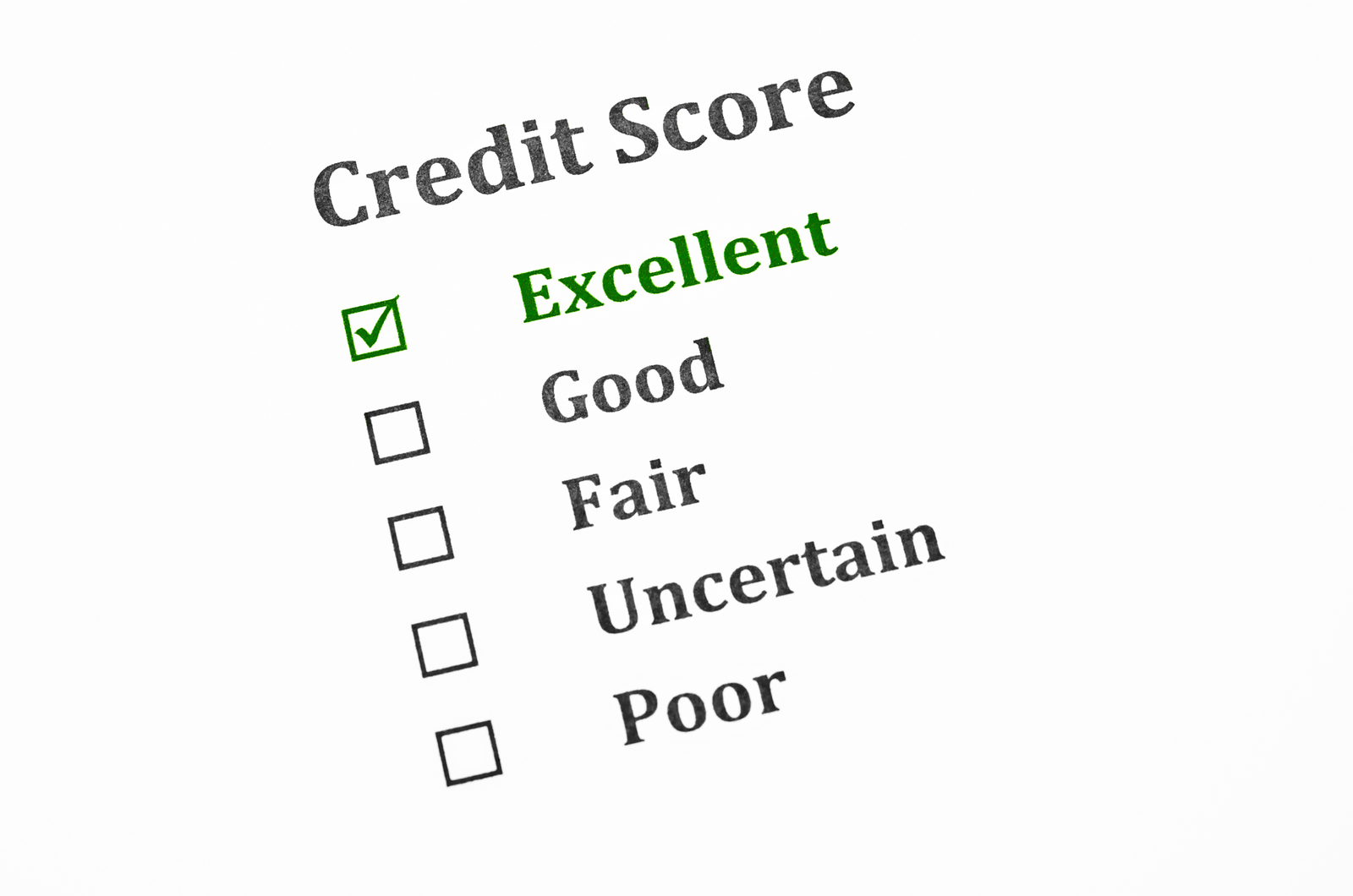How to Improve Your Credit Score starts with two simple habits: paying on time and keeping balances low. This guide shows practical, prioritized steps you can take today and over time to raise your score, avoid common mistakes, and rebuild credit where needed.
Key Takeaways
-
Payment history is the single most important factor; pay every bill on time.
-
Keep credit utilization under 30% — lower is better for faster gains.
-
Get free weekly credit reports and dispute errors immediately.
-
Use tools like Experian Boost or a secured card to build on-time history quickly.
-
Limit new credit applications and request limit increases only when strategic.
What Is How to Improve Your Credit Score?
When people ask How to Improve Your Credit Score, they mean practical steps to raise the numeric value that lenders use to measure credit risk. Credit scores (most commonly FICO® Scores) range roughly from 300–850 and are calculated from five main areas: payment history, amounts owed, length of credit history, new credit, and credit mix. Payment history and amounts owed are the heaviest weighted factors.
Quick definition: FICO weights
-
Payment history ≈ 35% • Amounts owed (utilization) ≈ 30% • Length ≈ 15% • New credit ≈ 10% • Credit mix ≈ 10%.
Why Does How to Improve Your Credit Score Matter?
A better credit score lowers borrowing costs, increases loan and rental approval odds, and can save you thousands over the life of a mortgage or car loan. Lenders rely on your score to price risk; even small improvements can unlock better interest rates and products. For many consumers, a 30–40 point increase changes available loan tiers and monthly payments.
How to Improve Your Credit Score: Step-by-Step Action Plan
Below are prioritized credit score improvement strategies you can use right now, organized from fastest-impact moves to longer-term habits.
Immediate actions (0–3 months)
-
Catch up and stay current — Bring any past-due accounts current. On-time payments going forward reduce the negative impact of past delinquencies.
-
Lower utilization quickly — Pay down credit card balances to get the utilization rate under 30% (single digits if possible). You can also ask for a credit limit increase to lower utilization instantly (confirm whether the issuer uses a hard inquiry).
-
Use Experian Boost — If you’re eligible, adding on-time utility, phone, and streaming payments to your Experian file can produce quick, sometimes immediate, score improvements. This only affects reports/scores that use Experian data.
Short-to-medium term (3–12 months)
-
Automate payments — Set autopay for at least the minimum amount to avoid accidental late payments.
-
Reduce high-interest revolving debt — Use avalanche (highest-rate first) or snowball (smallest-balance first) to build momentum and lower overall owed amounts.
-
Avoid new hard inquiries — Space out applications; use pre-qualification (soft checks) when possible.
Long-term habits (12+ months)
-
Keep old accounts open — The average age of accounts matters; keep paid cards open unless there’s a compelling cost to closing.
-
Build a healthy credit mix — If you need installment credit, consider small, affordable loans reported to bureaus (credit-builder loans). Don’t take debt you don’t need.
-
Monitor and dispute errors — Get your free reports weekly and file disputes for inaccuracies that harm your score.
Can Examples and Scenarios Show How to Improve Your Credit Score?
Here are realistic examples and a comparison table to help you apply the steps.
Example scenarios
-
High utilization, on-time payments: Sarah pays all bills on time but uses 60% of available credit. She pays down balances to 20% and raises her score within a few billing cycles.
-
Late payments but low balances: Jamal missed two payments last year; he brings accounts current and sets autopay. Over 12 months his score recovers as the late marks age and on-time history accumulates.
Comparison table: Fast vs. steady strategies
| Goal | Fastest tactics | Steady tactics |
|---|---|---|
| Raise score in 1–3 months | Pay down cards, use Experian Boost, request limit increases. | Maintain low utilization, keep accounts open. |
| Rebuild after missed payments | Catch up, negotiate removal or pay-for-delete if possible. | Consistent on-time payments over 12+ months. |
| Build credit from scratch | Get a secured card or credit-builder loan. | Keep low balances, use autopay, become authorized user. |
What Mistakes Should You Avoid When Learning How to Improve Your Credit Score?
-
Missing or late payments — Even one 30+ day late can stay on your report for seven years and cause major harm.
-
Closing old accounts out of habit — This can shorten your average account age and raise utilization.
-
Chasing quick fixes — Avoid payday loans, unnecessary debt, or “credit repair” services that guarantee removals — many are scams.
-
Applying for many cards at once — Multiple hard inquiries lower your score temporarily and can suggest risk to lenders.
When Will I See Results? Long-Term Benefits of Improving Your Credit Score
Small, consistent improvements compound. If you reduce utilization and keep payments current, many people see measurable improvements in 1–6 billing cycles; deeper rebuilding after missed payments can take 12–24 months. Long-term benefits include lower interest rates, better insurance premiums in some states, and more negotiating power for rental and job background checks.
Conclusion + Next Steps
Now you know How to Improve Your Credit Score: prioritize on-time payments, lower balances, monitor reports, and use rebuilding tools where appropriate. Start today — pull your free reports, set autopay, and create a payment plan. Consistency matters more than speed.
Expert insight: FICO® assigns approximately 35% of your score to payment history and about 30% to amounts owed — so prioritize those two areas first.
Practical next step: Request your free credit reports at AnnualCreditReport.com and check for errors now.
Expert Resource (authority cited inline)
-
FICO / myFICO: breakdown of score components and approximate weights.
-
AnnualCreditReport.com / FTC: free weekly credit-report access and how to get your reports.
-
Experian: details on Experian Boost and which bill types may be added.
FAQs:
How fast can I improve my credit score?
Small changes (lower utilization, on-time payments) can show within 1–3 billing cycles; major recovery after late payments typically takes 12–24 months.
Will checking my own credit report hurt my score?
No — checking your own credit through AnnualCreditReport.com or a bureau portal is a soft inquiry and does not affect your score.
Does paying off a collection remove it from my credit report?
Paying a collection helps your standing but doesn’t automatically remove the record. You can negotiate with the collector or dispute inaccuracies. The record may still appear for up to seven years unless corrected or removed.
Can I boost my score quickly with a credit limit increase?
Yes — if the issuer approves and doesn’t run a hard inquiry, a higher limit lowers utilization and can raise your score quickly. Confirm the issuer’s inquiry policy before requesting.
Is Experian Boost safe and effective?
Experian Boost is a free tool that can add qualifying on-time utility, phone, rent and streaming payments to your Experian credit file and may produce instant improvements to scores that use Experian data. It does not affect Equifax or TransUnion directly.










